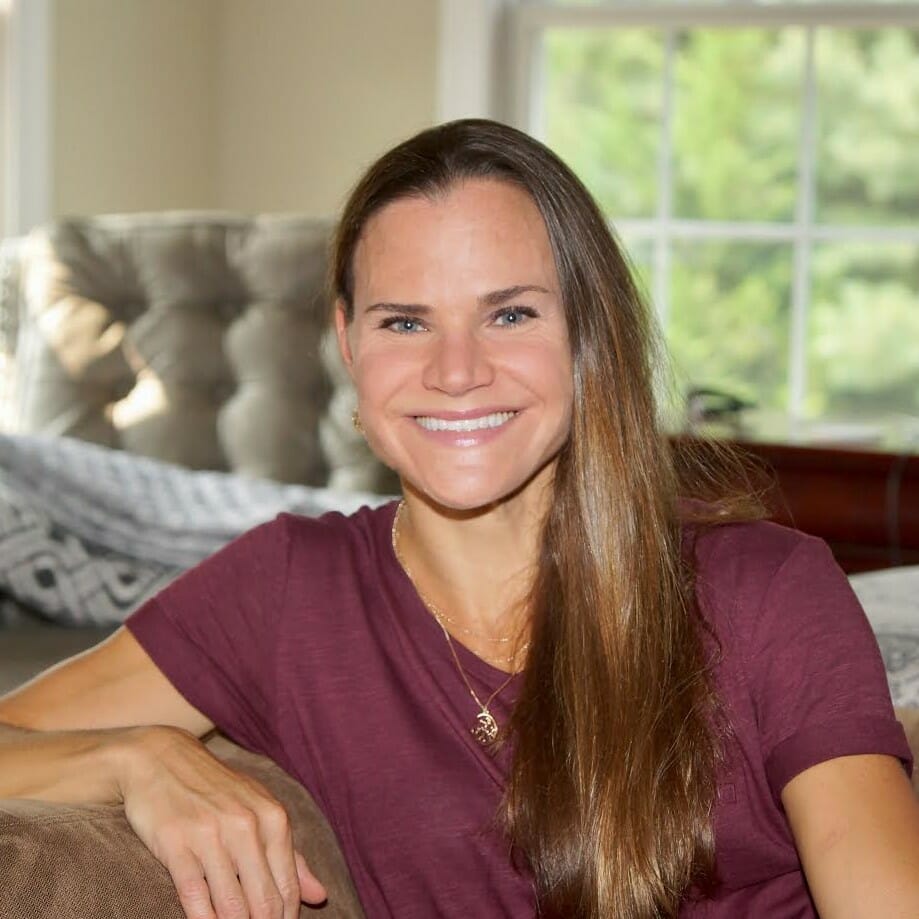More people battle chronic pain than diabetes, heart disease, and cancer combined.¹ An estimated 50 million people deal with chronic pain daily, which has prompted the medical community to investigate alternative methods, including acupuncture, yoga, and massage, to treat it.
What has remained largely ignored, however, and what recent research has found, is that most people with chronic pain don’t have structural abnormalities that account for the intensity of their pain response. Even when structural abnormalities are present, they are only part of the story.²
There is a strong correlation between what is going on in our lives and what is going on in our bodies.
According to The American Institute of Stress, 77% of people experience stress that affects their physical health, 73% have stress that impacts their mental health, and 48% have trouble sleeping because of stress. It has been proven that stressful or traumatic experiences can physically alter the nervous system, making people more susceptible to chronic pain, illness, and autoimmune conditions.
According to Johns Hopkins Medicine, 26% of American adults suffer from a diagnosable mental illness each year, but more than half are not receiving the treatment or medication they need.³ Approximately 42.5 million Americans are affected by anxiety, 1 in 10 suffer from a depressive illness (e.g., major depression, bipolar disorder), and 70% have experienced a traumatic event at least once in their lives. (Here’s a great infographic from the National Council for Behavioral Health on what trauma is, symptoms of trauma, and how to cope with it in a healthy way.)
The coinciding chronic pain and mental health epidemics are not coincidental. Stress, anxiety, depression, and the emotional effects of trauma are unequivocally linked to our physical well-being.
I see this in the clients I work with, all of whom have experienced trauma, stress, or adverse experiences in their childhood or adult life. Many have a history of anxiety and/or panic attacks.
Some have suffered from abuse or neglect; been shamed by a parent or spouse; or grew up feeling like they were never good enough. This manifests itself in negative self-talk and/or low self-esteem that also plays into their pain.
Many express a constant pressure to perform “up to par”—but par, for them, is unattainable. They are perfectionists by nature, feel a need to please others, and/or have poor boundaries that cause them to continuously give of themselves at the expense of their own well-being.
Can you relate to any of this? If the statement, “What happens in our lives can be expressed in our bodies,” makes sense to you, check out The Path In and Out of Chronic Pain Infographic from Curable (see below), which may shed some light on things you may not have previously thought of that could be contributing to your chronic pain.
Prolonged stress as a result of challenging childhood experiences, ineffective coping strategies, unforgiveness, poor boundaries, people-pleasing, major life events, perfectionism, anxiety, and everyday stress takes a significant toll on our bodies and could contribute to your pain.
Living in a constant state of tension (also referred to as the “fight-flight-freeze” response) heightens our reactivity and sends our nervous system into overdrive when it perceives any type of danger or threat (not just physical injury). Our brain then creates pain as a protection mechanism.
Understanding the relationship between physical and emotional pain is key to your healing. As you begin to better understand how stress, anxiety, negative thoughts or emotions, trauma, and certain aspects of your personality play into your pain you’ll be able to address these issues one by one.
This is incredibly empowering because, while you can’t control your circumstances, there are things you can do to turn down your pain volume, better manage stress, and live a healthier, more fulfilling life.
The revelation that my chronic pain began long before my first physical symptom appeared was eye-opening for me. As I dug into this more, in the presence of the Lord, He highlighted how the way I’ve handled stress, my incessant search for answers, and my perfectionist nature placed undue pressure on myself that was feeding the chronic pain cycle.
When you dig into your story, in the presence of the Lord, He will lead you to the healing He has for you. As you begin to uncover factors that contribute to your pain, you can address the stressors that started it in the first place (or that have exacerbated it over time).
Emotional stress amplifies pain that is already present, just as physical injury/illness after years of stress or trauma to your body can result in a hypervigilant response that is out of proportion to the injury or illness that caused it.
Pain is never just physical. Perhaps it started that way, but when it began to impact your activity level, productivity, self-esteem, relationships, and/or desire to participate in social events, it became more than that.
Treating pain and moving toward healing requires a multidisciplinary approach that also addresses emotional, social, and psychological factors.
I have lived through all of these things and am here to tell you, that even if your pain has gotten worse or conventional treatments aren’t working, there is always hope for healing.
References:
- Being Human Podcast. (2022, January 21). Unlearn Your Pain [Video]. YouTube. https://www.youtube.com/watch?v=qINdA6E14Sk
- Curable Inc. (2023). [Mobile app]. App Store. https://apps.apple.com/us/app/curable/id1325784379.
- Insurance Zebra (2023, January 30). Mental Health Statistics. The Zebra. Retrieved February 5, 2023, from https://www.thezebra.com/resources/research/mental-health-statistics/
This is an updated edition of a post originally published on Jen Roland
Featured Image by Manfred Antranias Zimmer from Pixabay





















Comments are closed.